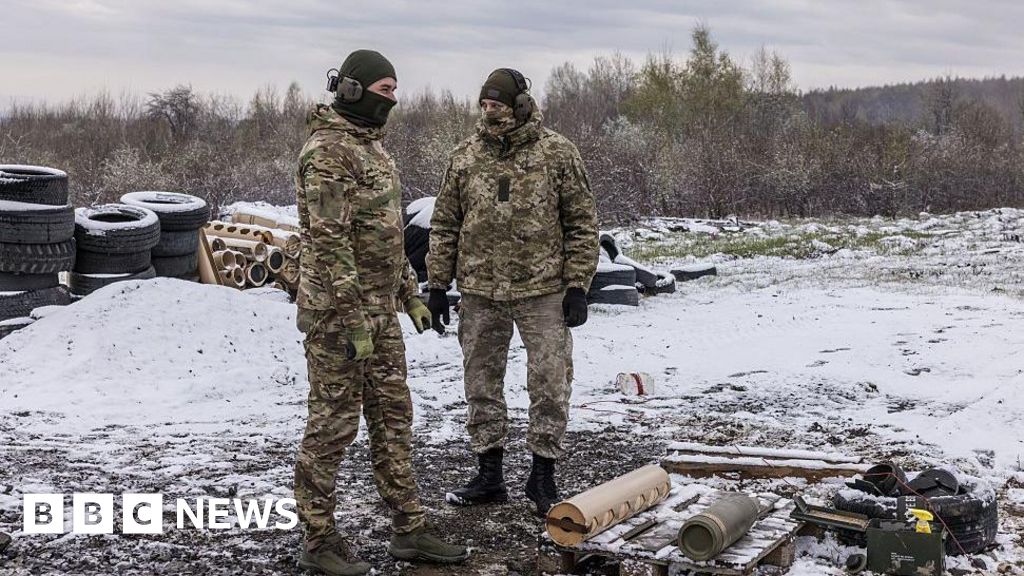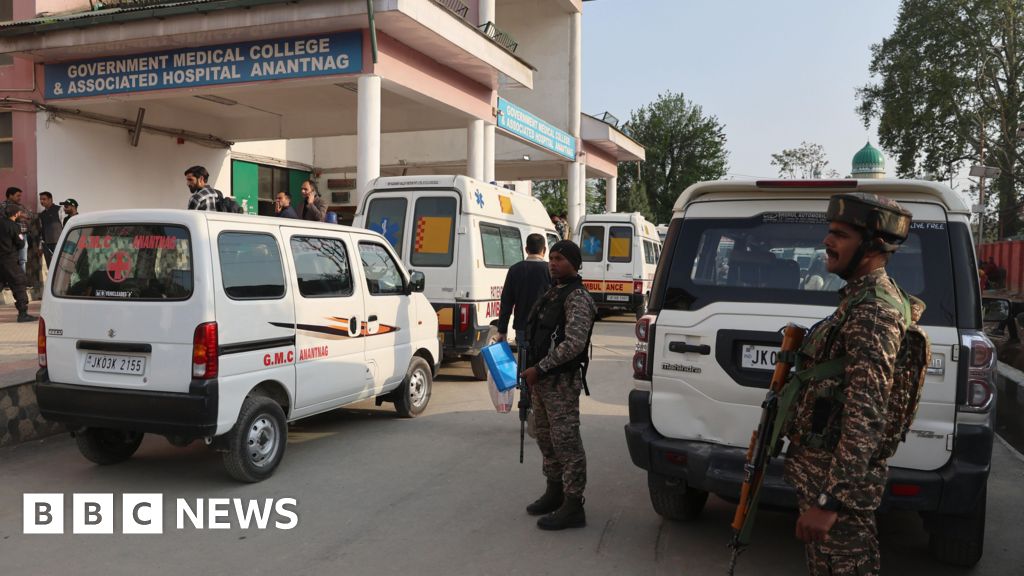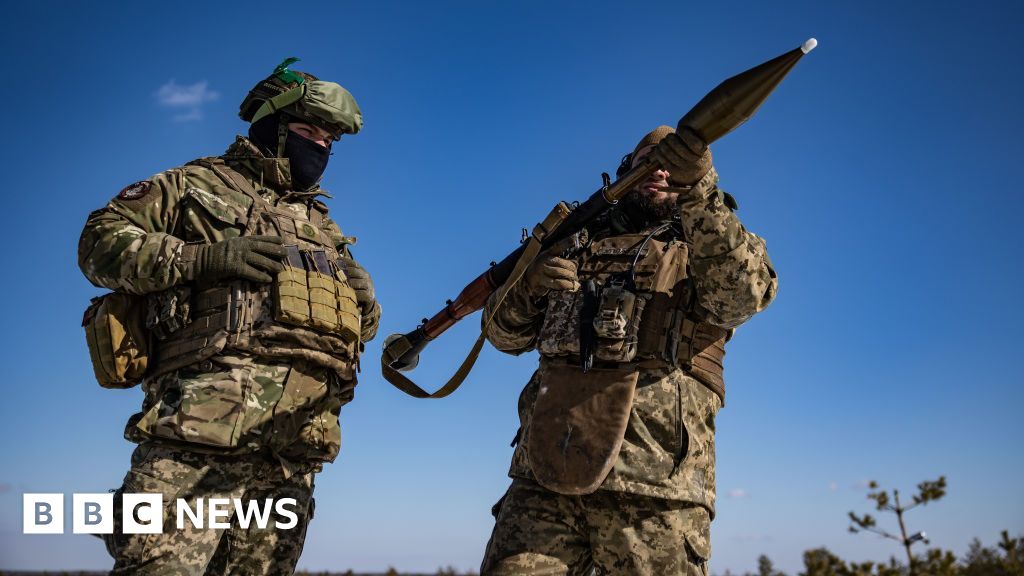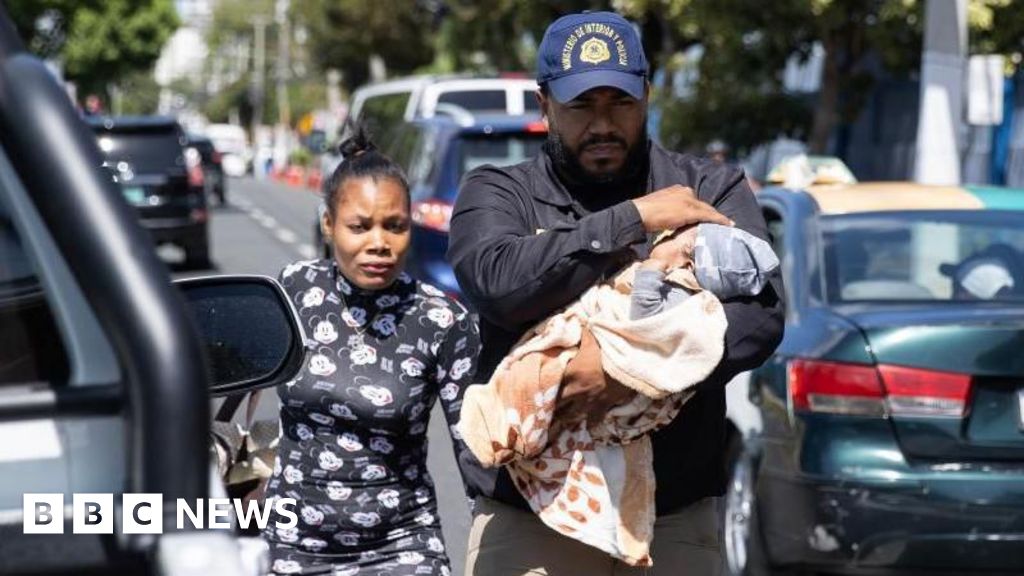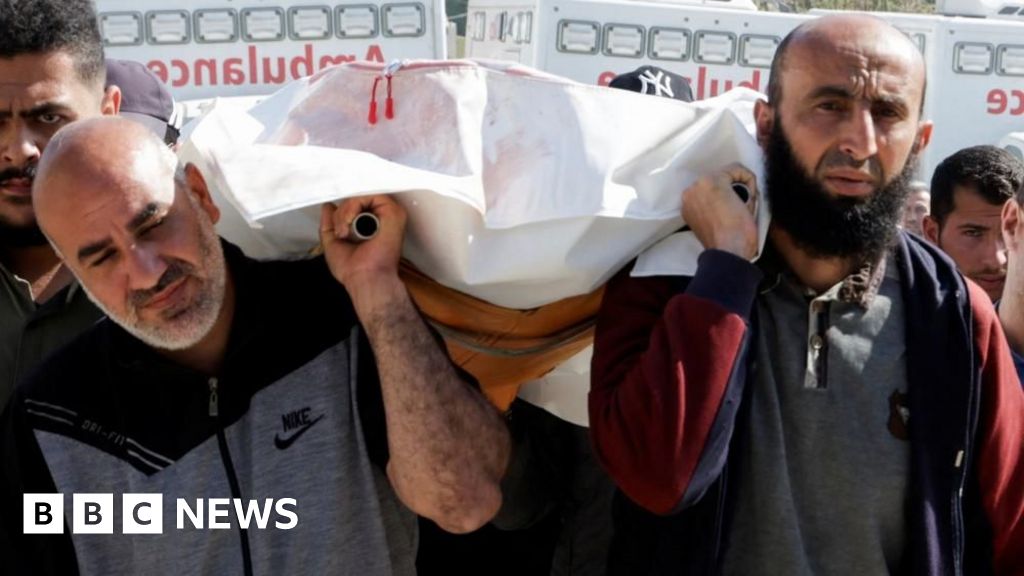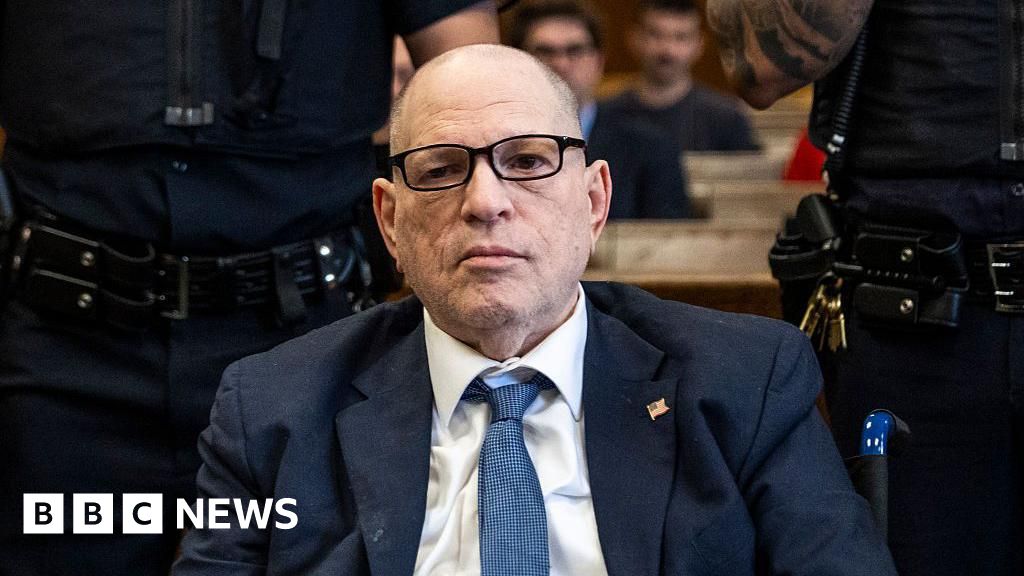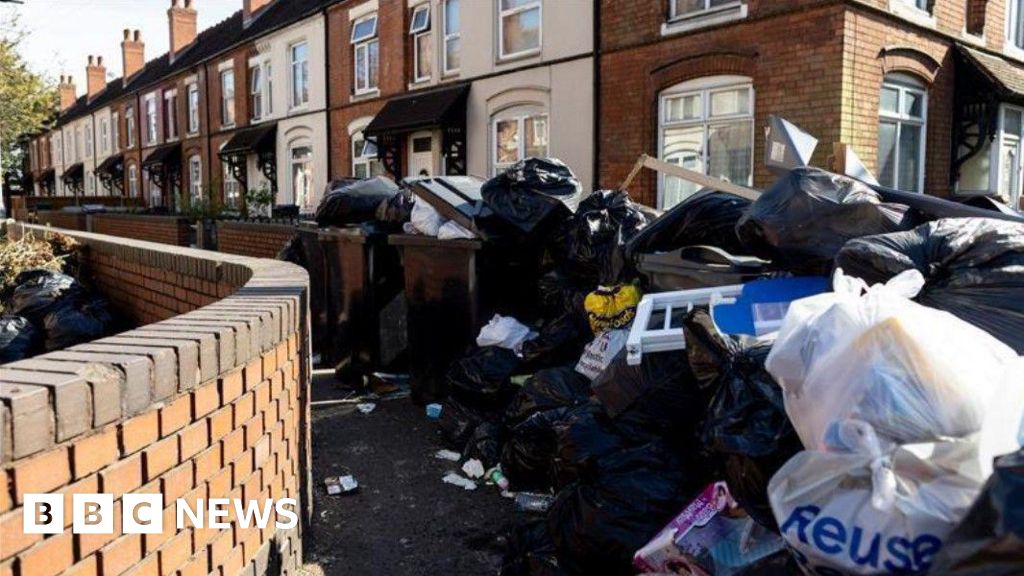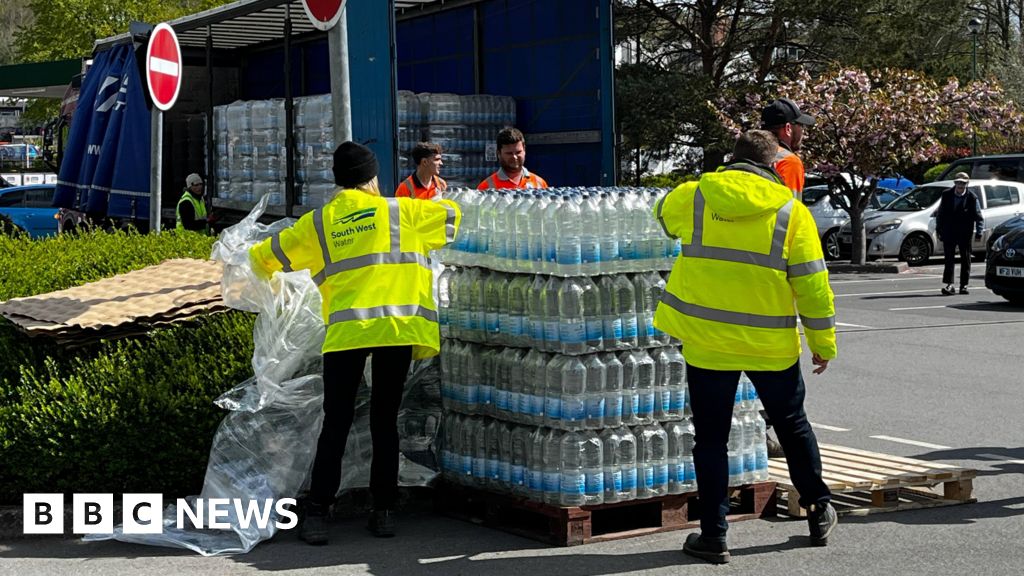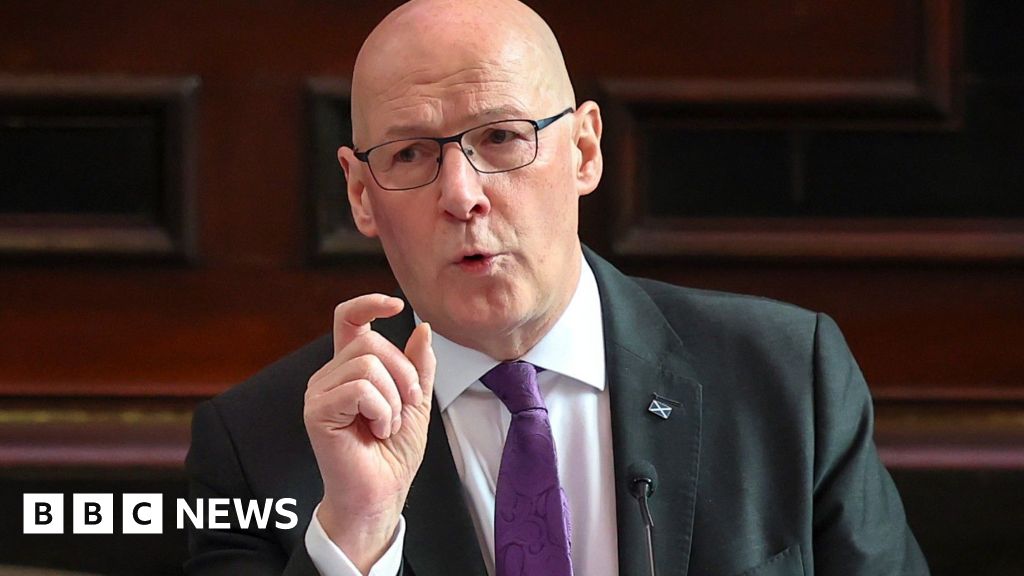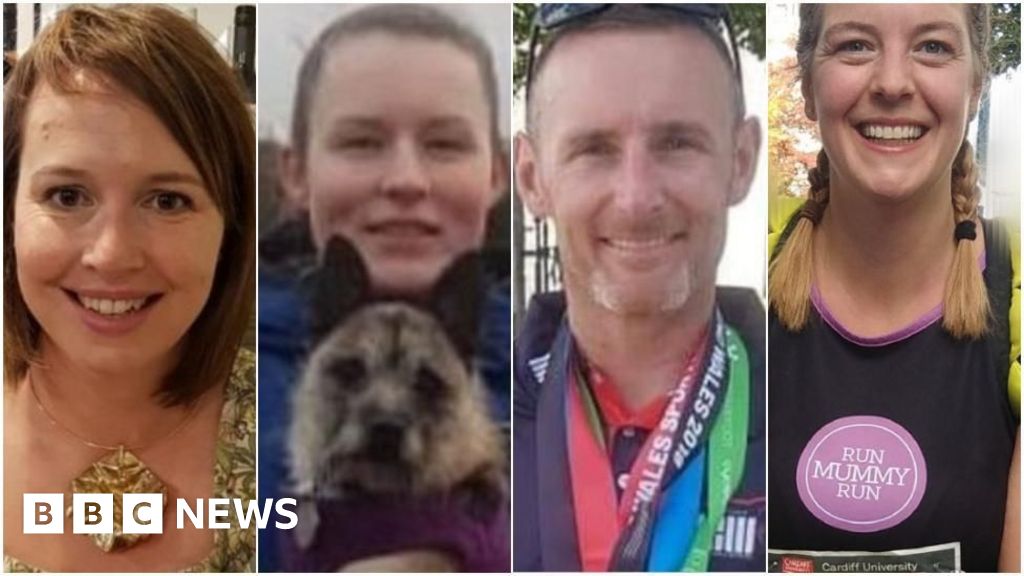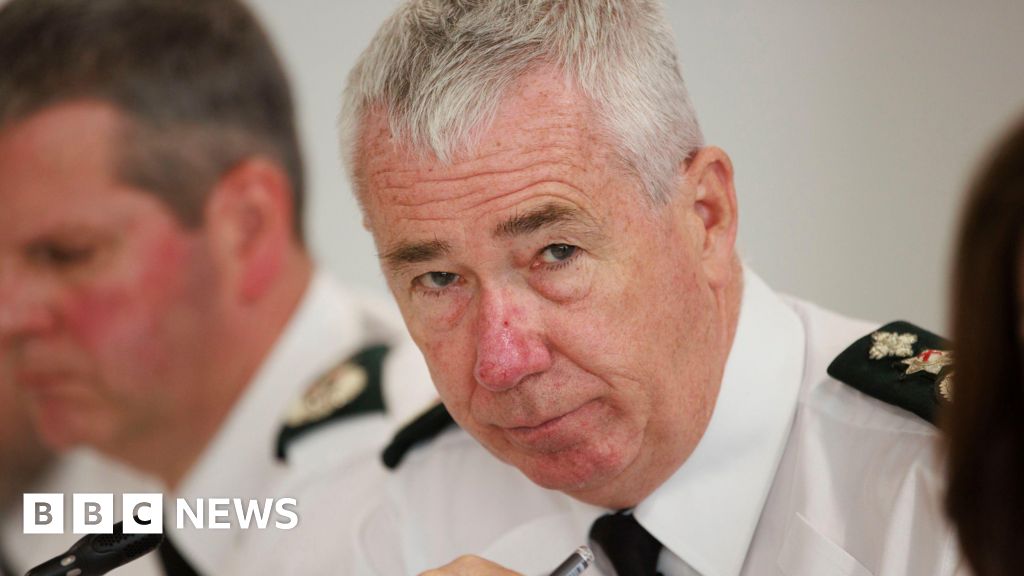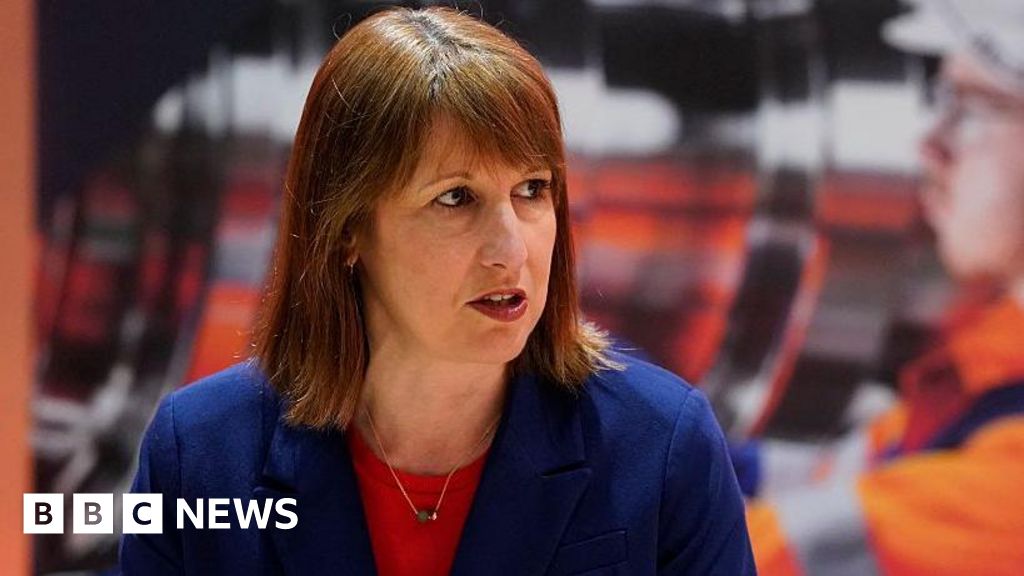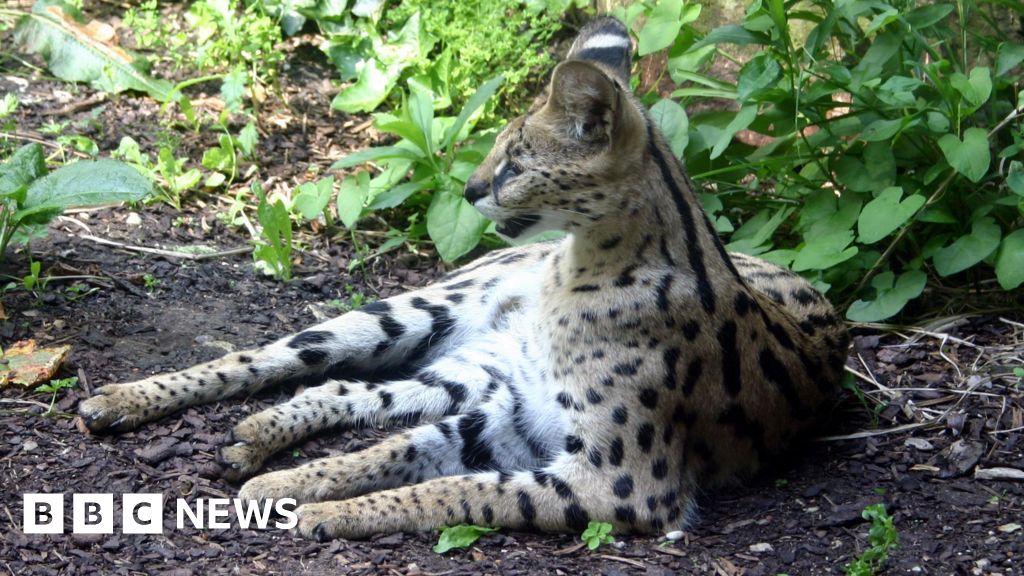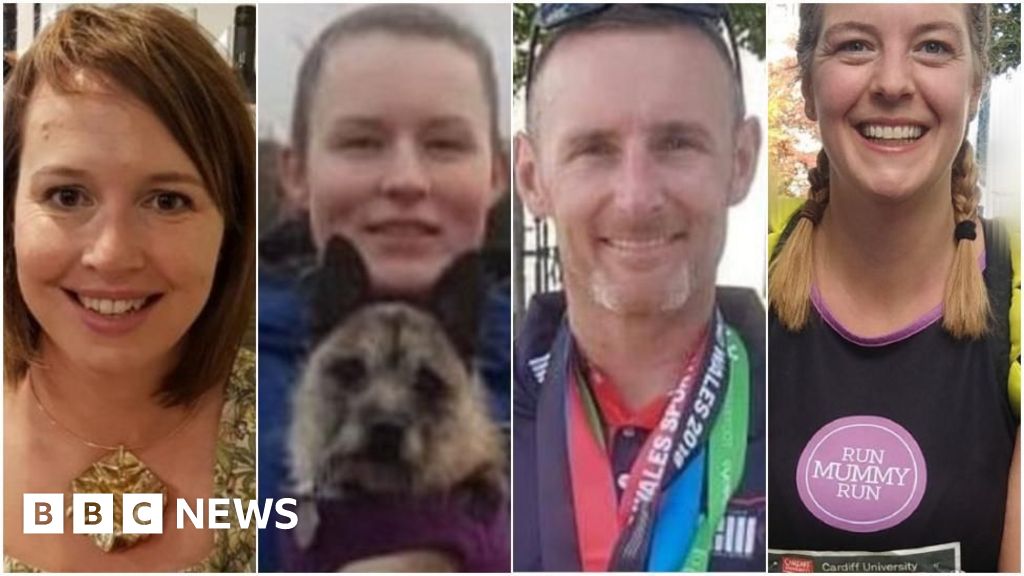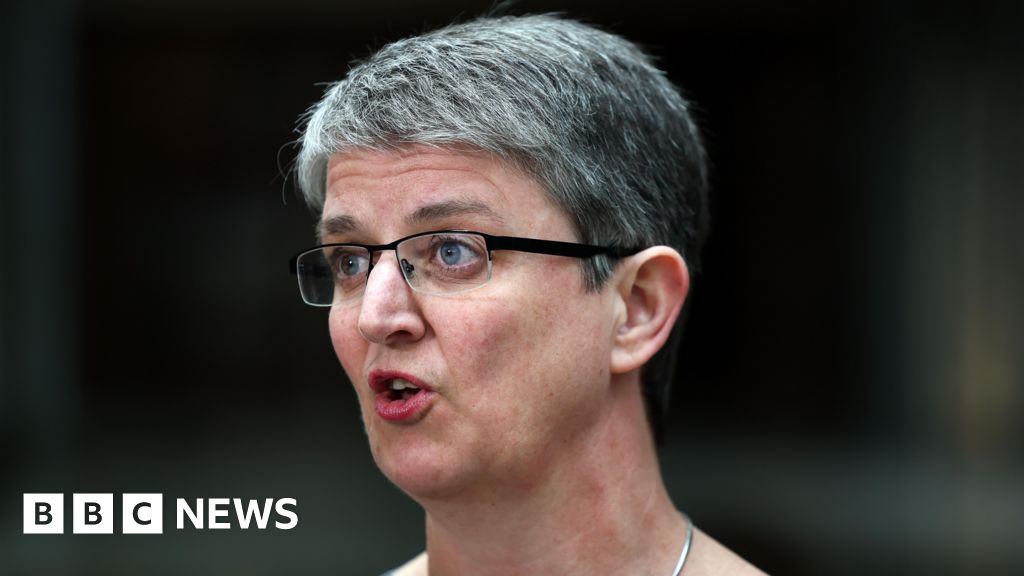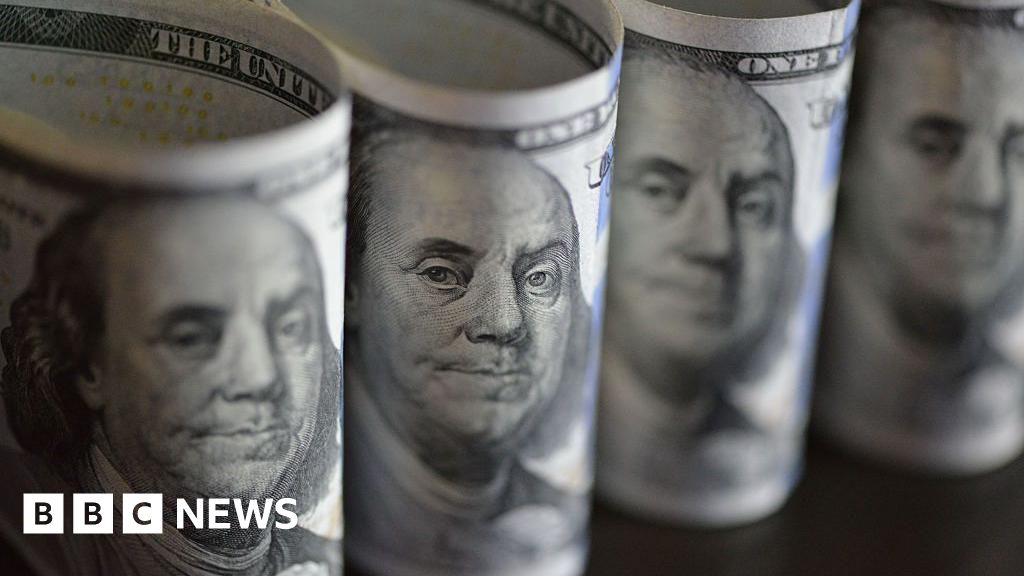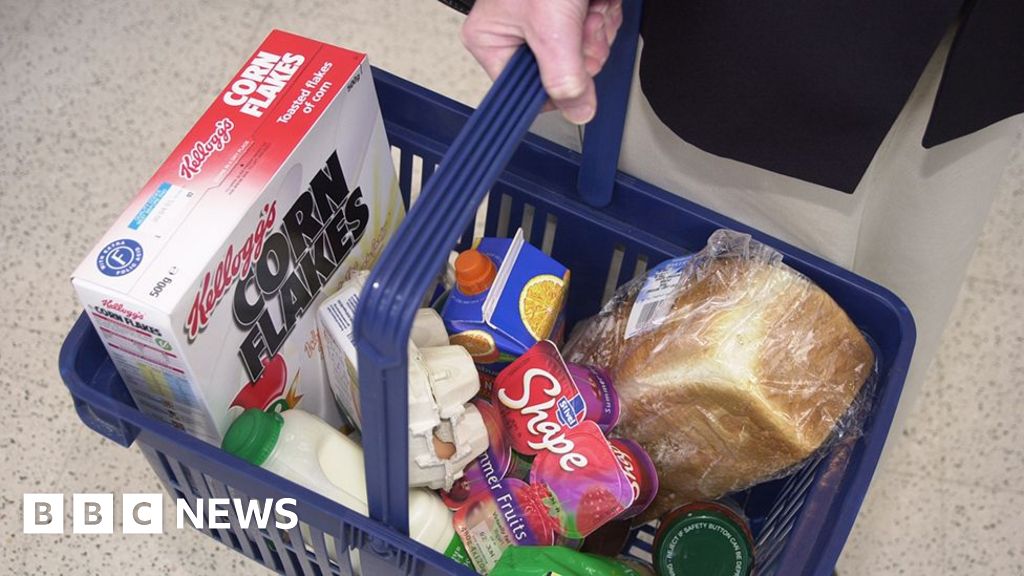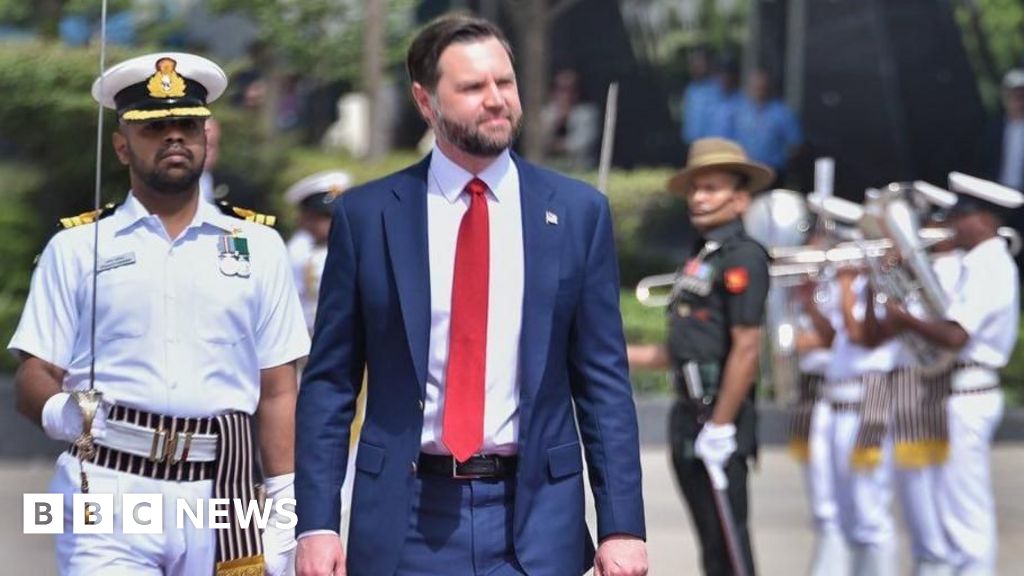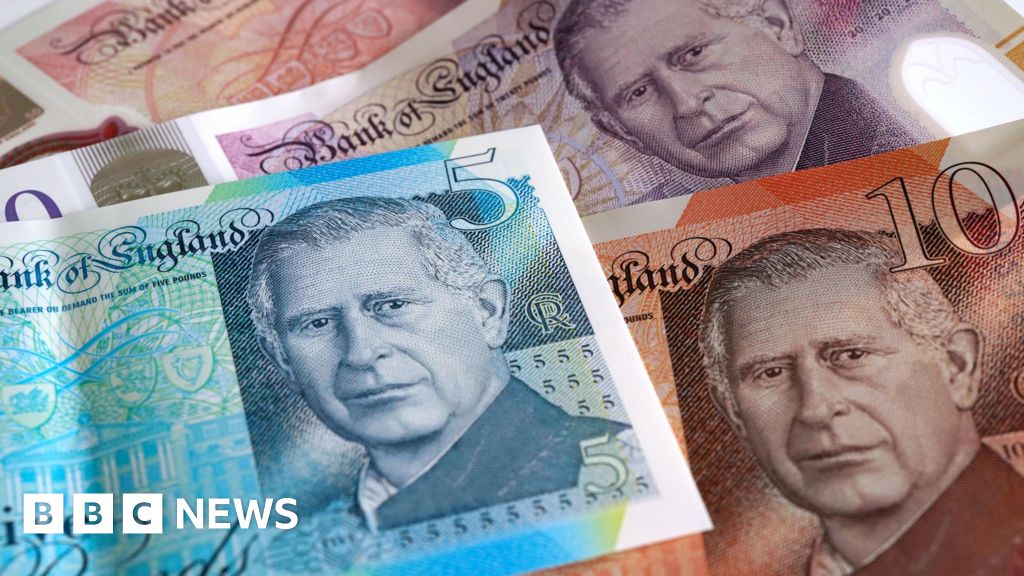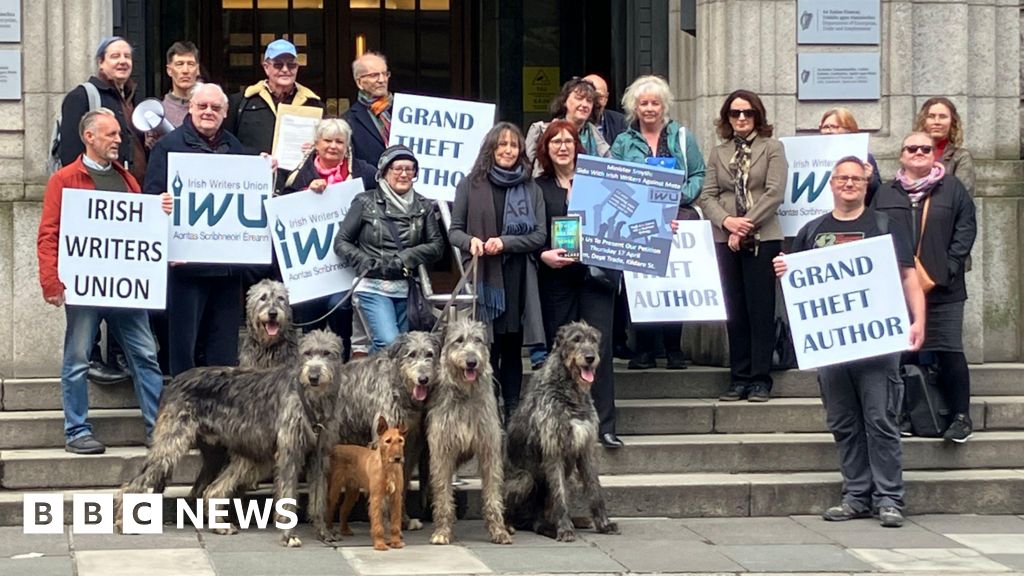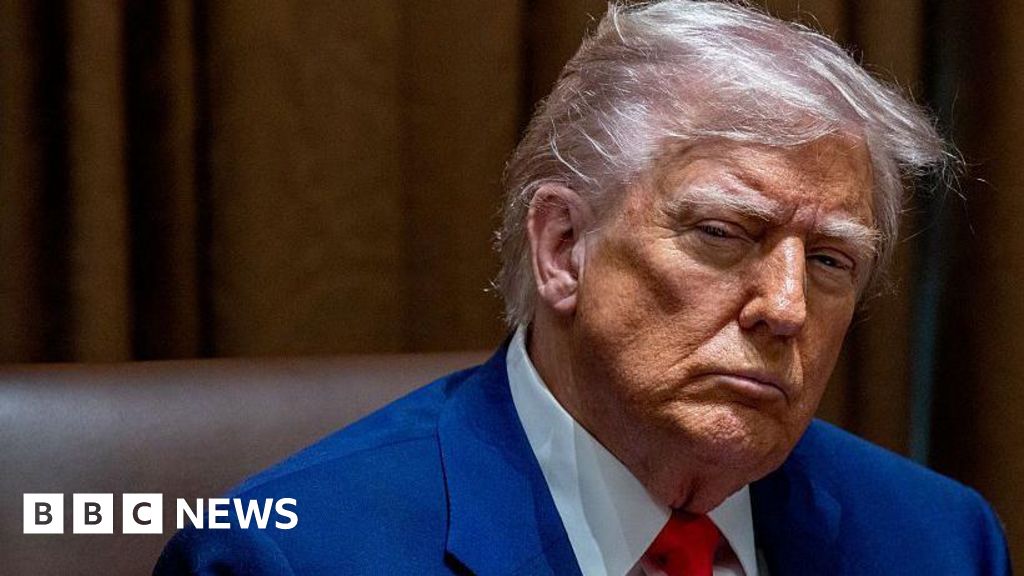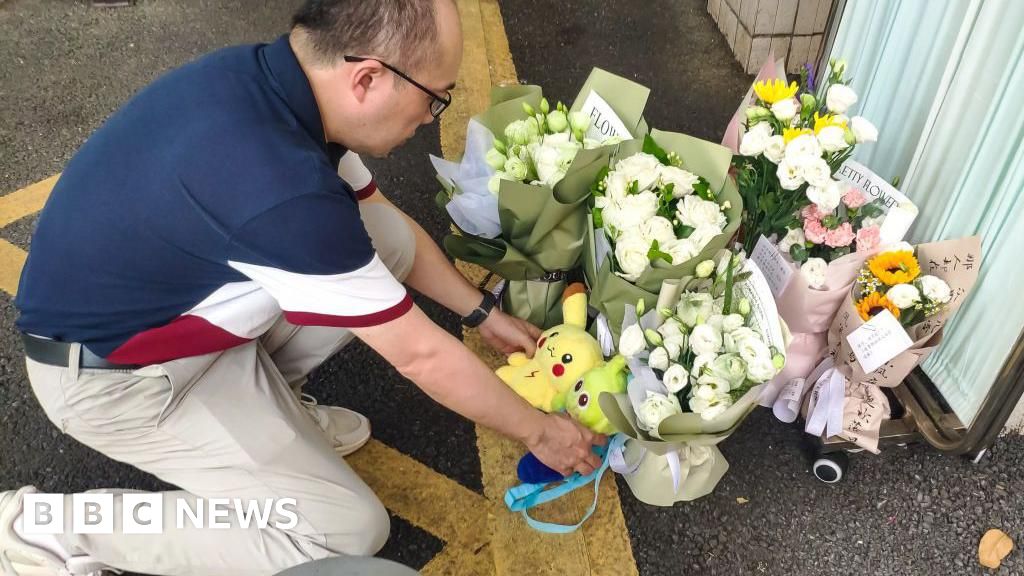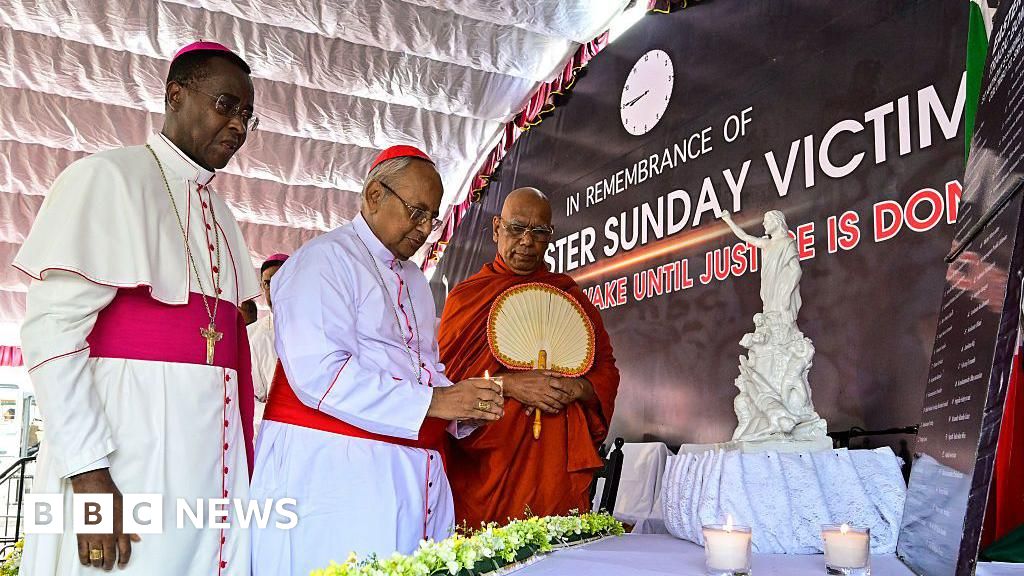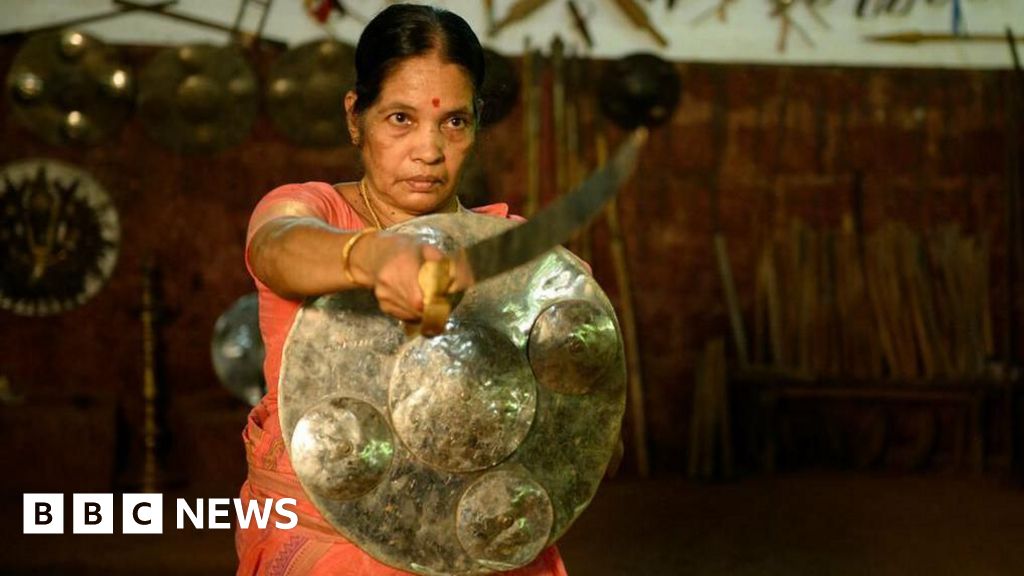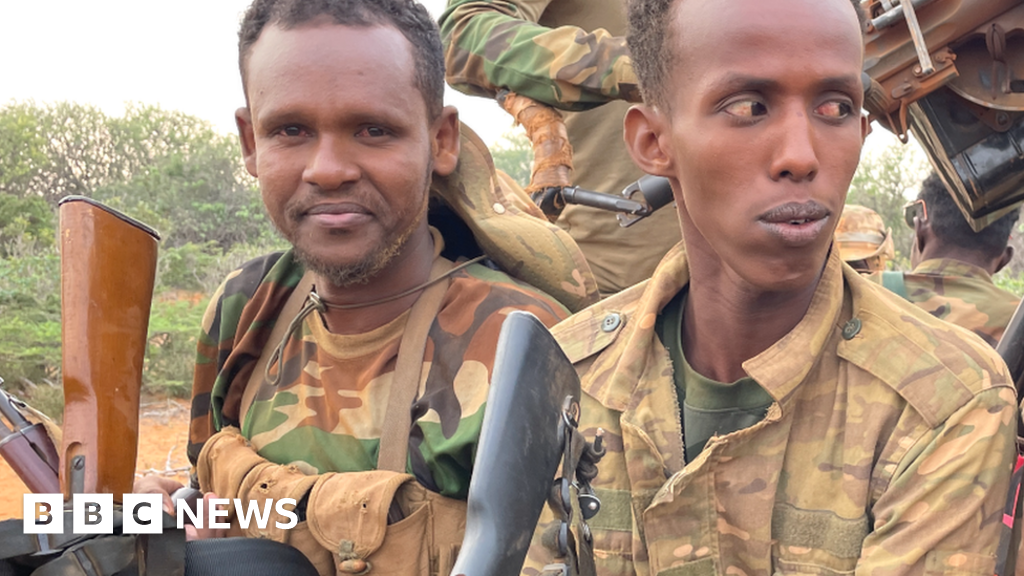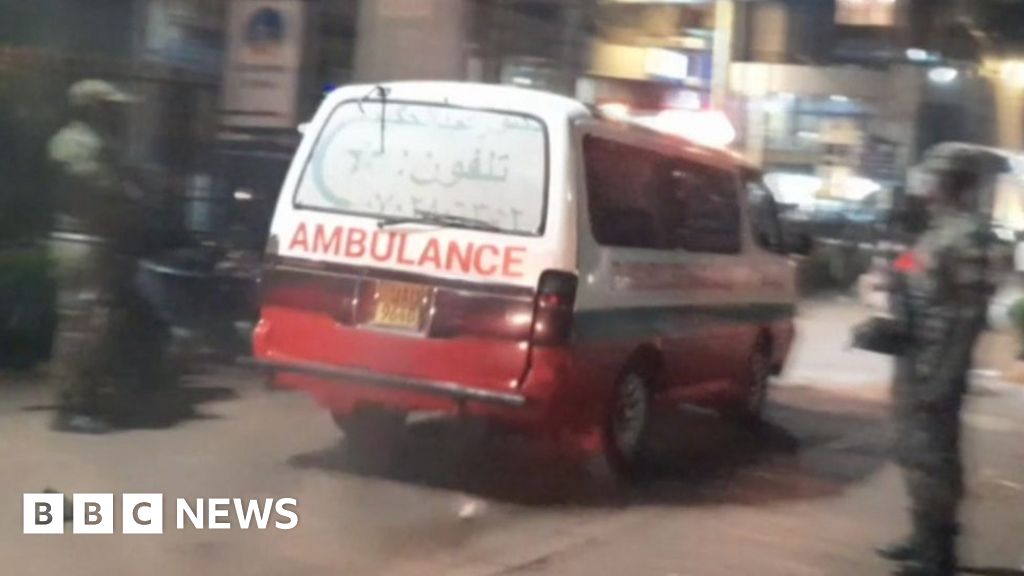At least two dozen people have been killed after gunmen opened fire on a group of domestic tourists visiting a popular beauty spot in Indian-administered Kashmir, authorities have told the BBC.
The attack took place in Pahalgam, a picturesque town in the Himalayas often described as the “Switzerland of India”.
The region’s chief minister, Omar Abdullah, said the attack was “much larger than anything we’ve seen directed at civilians in recent years”. Reports suggest that there are a large number of wounded, with some in critical condition.
US President Donald Trump, Russian President Vladimir Putin and EU chief Ursula Von der Leyen were among world leaders who condemned the attacks.
“Deeply disturbing news out of Kashmir. The United States stands strong with India against Terrorism,” Trump said in a post on Truth Social.
Von der Leyen called the Kashmir deaths a “vile terrorist attack”, while Putin expressed “sincere condolences” for the consequences of a “brutal crime”.
India’s Prime Minister Narendra Modi – who cut short his trip to Saudi Arabia in the wake of the attack – said the perpetrators would “be brought to justice”.
“Our resolve to fight terrorism is unshakeable and it will get even stronger,” Modi wrote in a statement on X.
Pakistan’s foreign ministry said it was “concerned at the loss of tourists’ lives” and expressed condolences to the victims and wished “the injured a speedy recovery”.
Tuesday’s attack is unusual in that, in three and a half decades of conflict, tourists have rarely been targeted – especially on such a scale.
Home Minister Amit Shah travelled to Srinagar, Kashmir’s largest city, on Tuesday to hold an emergency security meeting.
The region’s Lieutenant Governor, Manoj Sinha, said the army and police had been deployed to the scene.
No group has claimed responsibility for the attack. There has been a long-running insurgency in the Muslim-majority region since 1989, although violence has waned in recent years.
The attack took place in Baisaran, a mountain-top meadow three miles (5km) from Pahalgam.
Vehicles are unable to reach the area where the shooting occurred, Inspector General of Jammu and Kashmir Police Vidi Kumar Birdi told BBC Hindi.
A tourist from Gujarat, who was part of a group that was fired upon, said that chaos broke out after the sudden attack, and everybody started running, crying and shouting.
Video footage shared by Indian media outlets appears to show Indian troops running towards the scene of the attack, while in other footage victims can be heard saying that the gunmen had singled out non-Muslims.
Footage on social media, which has not been verified by the BBC, appears to show bodies lying on a meadow with people crying and pleading for help.
Police said multiple tourists had been taken to hospital with gunshot wounds. The area has been cordoned off and soldiers are stopping vehicles at checkpoints. A joint search operation by the Indian army and Jammu and Kashmir police is ongoing.
Several protests have been organised for Wednesday, according to Indian media.
Since the 1990s, an armed separatist insurgency against Indian rule in the region has claimed tens of thousands of lives, including those of civilians and security forces.
The Himalayan region was divided following India’s independence from Britain, partition and the creation of Pakistan in 1947.
The two nuclear-armed states both claim the region in its entirety and have fought two wars and a limited conflict over it in the decades since.
Some 500,000 Indian soldiers are permanently deployed in the territory.
The government claims the security situation has improved and violence has come down since Modi revoked Kashmir’s partial autonomy in 2019, although there are still incidents of violence.
The last major attack on civilians occurred in June 2024 when nine people were killed and 33 injured after militants opened fire on a bus carrying Hindu pilgrims.
In 2019, a suicide bombing in Indian-administered Kashmir killed at least 46 soldiers and prompted Indian airstrikes on targets in Pakistan.
Pahalgam is a popular tourist destination, both domestically and internationally, and in recent years the government has attempted to encourage further tourism to the region.
Around 3.5 million tourists visited Kashmir in 2024, according to official figures.

